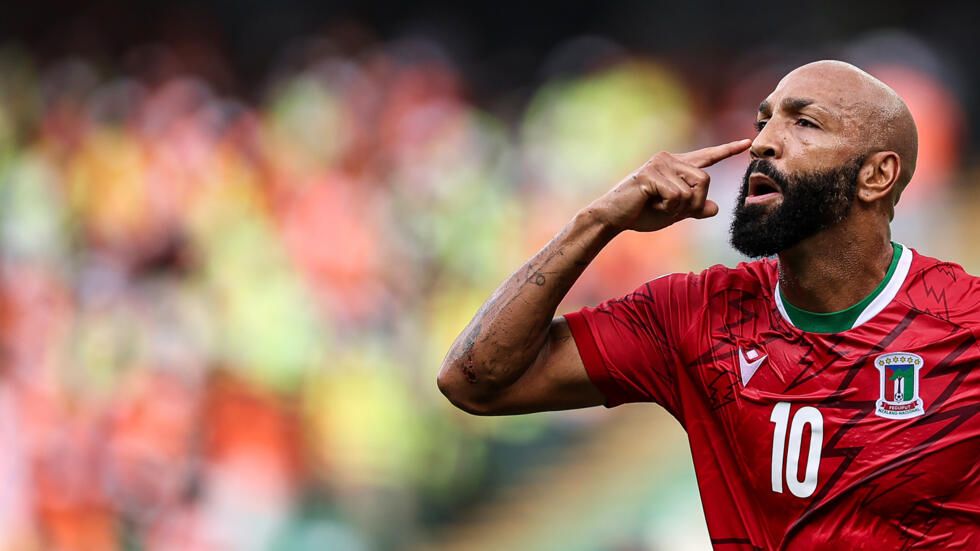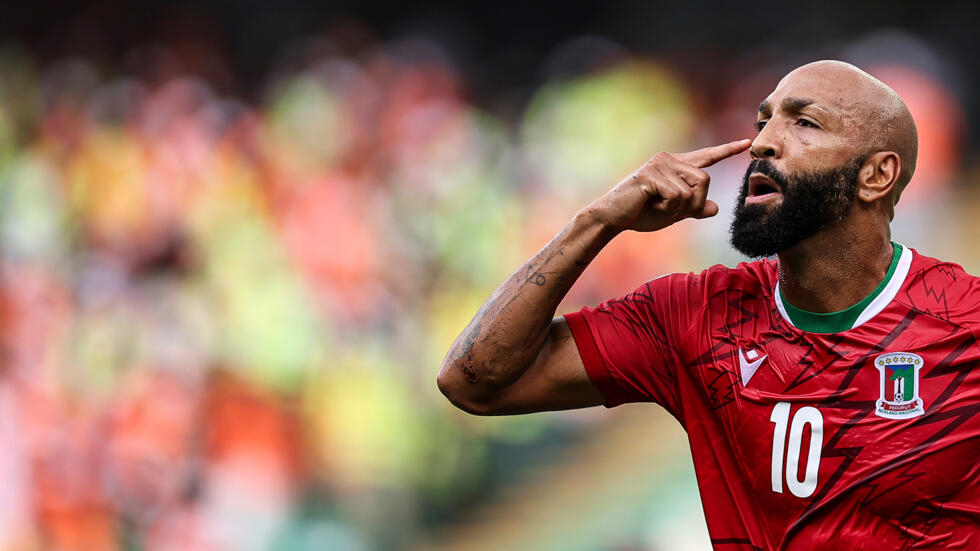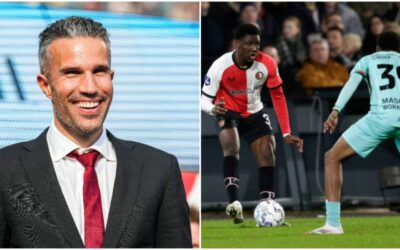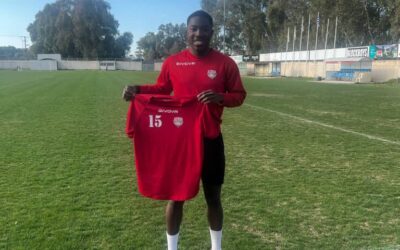
Equatorial Guinea’s unexpected rise in the Africa Cup of Nations has defied expectations, with a remarkable 4-0 victory over Ivory Coast reshaping the tournament narrative.
Led by 34-year-old forward Emilio Nsue, who secured a hat-trick in a 4-2 victory over Guinea Bissau, the team’s slick passing and offensive style have garnered attention.
In a surprising turn of events, traditional powerhouses like Algeria and Ghana have faced early exits, while underdogs such as Cape Verde, Angola, Mauritania, and Namibia have stepped up. Equatorial Guinea, under the guidance of native head coach Juan Micha, owes much of its success to a lineup primarily born in Spain, showcasing the impact of their soccer heritage.
Key players, like Málaga-born midfielder Pablo Ganet, find themselves excelling on the AFCON stage despite their usual roles in lower-tier Spanish clubs. Nsue, a familiar face with over 100 appearances for Mallorca in La Liga, has returned to his favored forward position, leading the team with five goals.
Spanish influences permeate the squad, evident in their tactical and technical approach. Nsue highlighted the differences between Spanish and African soccer, emphasizing the physicality of the latter. Carlos Akapo, a defender for Cádiz, epitomizes the fusion of both worlds.
Equatorial Guinea’s AFCON journey not only highlights its soccer prowess but also sheds light on a country often overlooked. Despite possessing rich oil reserves, the majority of the population grapples with poverty. The team’s success becomes a beacon for a nation with a complex socio-political landscape, under the 44-year rule of President Teodoro Obiang Nguema Mbasogo.
Equatorial Guinea, under the guidance of native head coach Juan Micha, owes much of its success to a lineup primarily born in Spain, showcasing the impact of their football heritage.
Key players, like Málaga-born midfielder Pablo Ganet, find themselves excelling on the AFCON stage despite their usual roles in lower-tier Spanish clubs. Nsue, a familiar face with over 100 appearances for Mallorca in La Liga, has returned to his favoured forward position, leading the tournament with five goals.
Spanish influences permeates the squad, evident in their tactical and technical approach. Nsue highlighted the differences between Spanish and African soccer, emphasising the physicality of the latter. Carlos Akapo, a defender for Cádiz, epitomises the fusion of both worlds.
Equatorial Guinea’s AFCON journey not only highlights its football prowess but also sheds light on a country often overlooked. Despite possessing rich oil reserves, the majority of the population grapples with poverty.
The team’s success becomes a beacon for a nation with a complex socio-political landscape, under the 44-year rule of President Teodoro Obiang Nguema Mbasogo.
When they take on Guinea in the Round of 16 clash on Sunday, they’ll have the backing of not only their nation, but also that of the Spanish contingent.





0 Comments